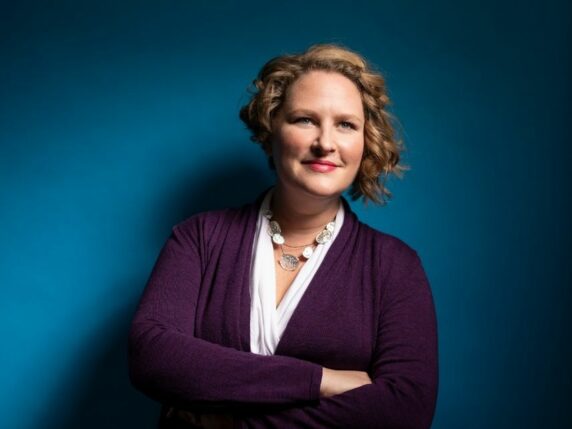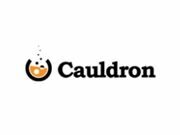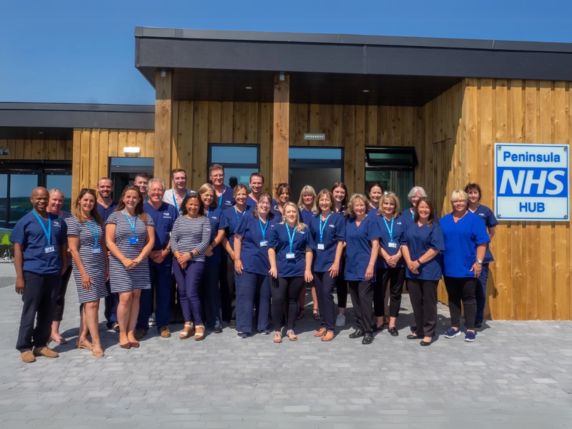Like many UK tech start-ups, Cambridge-based Cauldron Science have done battle against 2020’s hostile forces and come out on top. Coronavirus may have prevented many behavioural scientists from getting in the lab, but thanks to Cauldron’s unique experiment platform Gorilla, researchers have been able to build their experiments online, opening up a world of participants to take part in their important research.
Born from founder Jo Evershed’s personal conviction to make things better in society using evidence-based interventions, Cauldron Science’s name comes from the alchemy achieved when you mix technology with behavioural science. The start-up has gone from strength to strength, since Jo founded the company in 2012, experiencing two to threefold growth every year. Developing their powerful experiment builder Gorilla in 2016 has enabled Jo and the team to scale the business and focus on empowering their 10,000 worldwide users to create the change they want to see in the world.
Gorilla’s users tend to be university researchers who are investigating evidence-based interventions in health, wealth, happiness and education that help improve and transform people’s lives for the better. One of the key benefits for behavioural scientists using Gorilla to carry out experiments online is the ability to recruit a much wider and more diverse range of participants for research, producing better quality data.
As her company scaled, Jo found herself looking for a law firm who could advise her on the commercial aspects of growth. Initially, like many founders, she handled the legals herself up to a point, until she formed the right partnership with Harper James in 2018. With commercial partner Sarah Gunton as her principal solicitor, Jo was able to hand over the legal arrangements to us, while staying close to the detail.
Jo commented: ‘Sarah Gunton is phenomenal. It was such a relief to find a colleague who had my back. I could simply forward Sarah an email and say: how do I respond to this? Having an informed second opinion is so valuable – it gives me the confidence to know I am doing this right.’
Cauldron Science are Enable Plan clients, which is a popular monthly subscription plan that lets start-ups spread their legal costs. We advise Cauldron on key commercial agreements with academic partners including the Universities of Oxford and Cambridge and University College London. We’ve also put measures in place to protect the company’s valuable intellectual property portfolio. This has included contract development, licensing, writing and revising terms and conditions, and service agreement work. As Gorilla has grown as a product, the Cauldron team has expanded from 5 to 10 employees in 2020 alone, and Jo has been able to call upon our employment law expertise to give her the steer she needed. Experienced employment specialist Sean Walsh assisted with the preparation of employment and contractor agreements, to help Cauldron formalise the process they use to hire new staff as well as freelance contractors. GDPR was another area where we were able to offer Cauldron expert guidance, when it came to developing a privacy policy and examining how best to comply with new legislation.
Our commercial partner Sarah Gunton said: ‘Our work with Cauldron Science exemplifies the type of partnership we seek to develop with ambitious companies and start-ups, who strive to improve people’s lives. Jo is a dedicated operator and with Gorilla has developed a really excellent product. It’s a pleasure to work with Jo and to provide the legal foundation that enables Jo and her team to bring the Gorilla platform to more behavioural scientists to do their important work.’
Having set her heart on entrepreneurial life from an early age, Jo’s not one to rest on her laurels. Inspired by David Oglivy’s quote about market research that ‘people don't think how they feel, they don't say what they think, and they don't do what they say’, Gorilla is now being adopted by the advertising and PR industry as a tool for investigating product positioning and consumer behavioural responses. An alternative to focus groups and self-reporting opinions, Gorilla’s ingenious behavioural science platform could revolutionise the way brands test their products with consumers.








